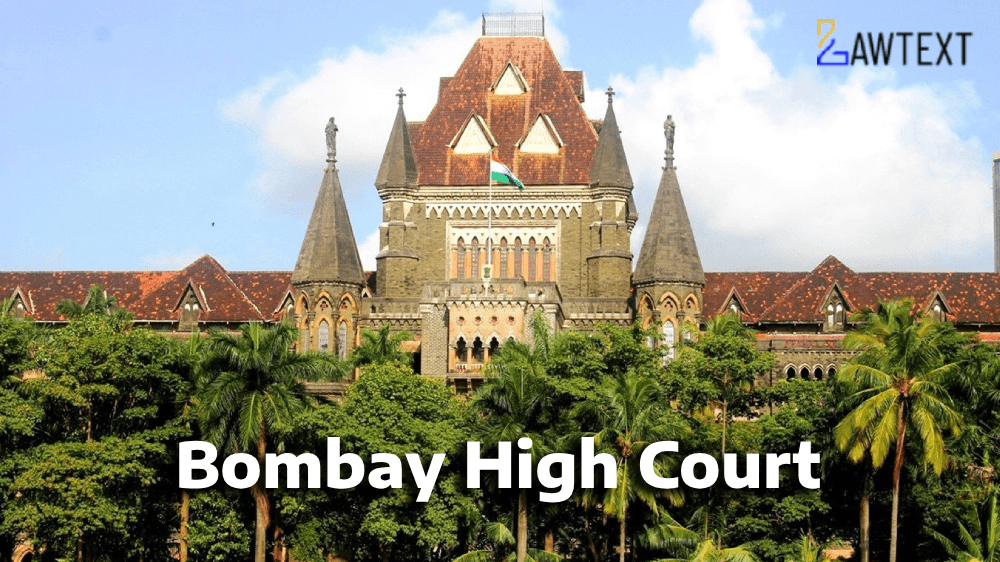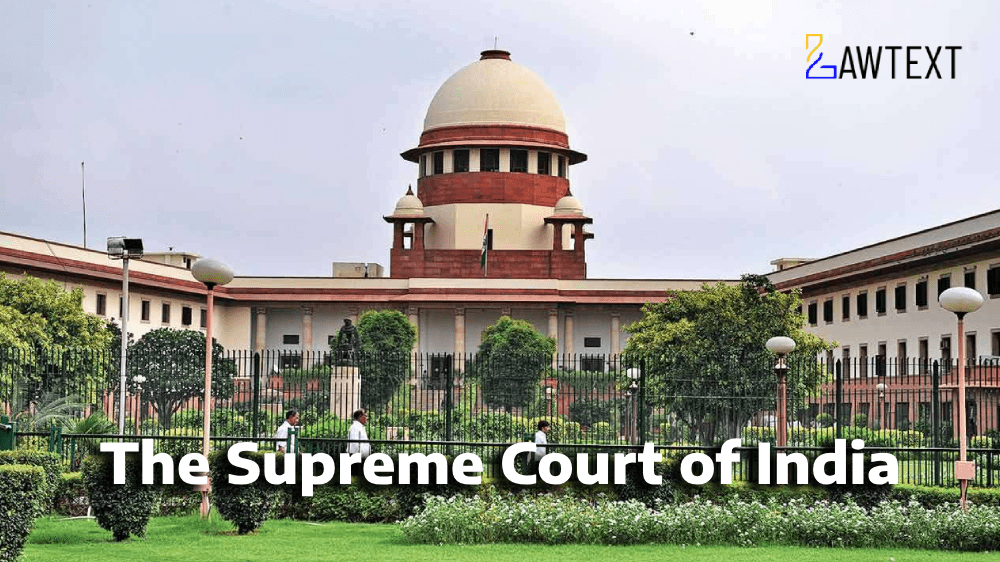Case Note & Summary
The Bombay High Court dismissed a writ petition challenging the constitution of a Disciplinary Committee under the Insolvency and Bankruptcy Code (IBC), 2016. The petitioner, an Insolvency Professional, challenged the IBBI's decision to suspend his registration for one year, claiming that the committee was improperly constituted with only a single member. The Court held that the term "members" in Section 220(1) of the IBC includes both singular and plural, and thus the committee could consist of a single whole-time member. The Court rejected the argument that the committee must comprise multiple members.
Background:The petitioner, an Insolvency Professional (IP), was served a show cause notice by the IBBI under Section 220 of the Insolvency and Bankruptcy Code, 2016, for alleged misconduct. Following an investigation, the IBBI suspended the petitioner’s registration for one year. The petitioner challenged the decision on the grounds that the Disciplinary Committee was improperly constituted with only one whole-time member.
Petitioner's Argument:The petitioner argued that the proviso to Section 220 of the Code requires the Disciplinary Committee to consist of more than one whole-time member. He relied on judicial precedents and interpretations of the IBC, stating that a single-member committee violated the provisions of the Code.
Respondent’s Argument (IBBI):The IBBI countered that under Section 220 of the IBC, a Disciplinary Committee could consist of a single whole-time member. They cited Section 13 of the General Clauses Act, 1897, which states that singular expressions include plural meanings and vice versa, depending on the context. The IBBI also referenced the 2017 Regulations, which allow for a committee comprising "whole-time member(s)."
Court’s Observations:The Court examined the statutory framework of Section 220 of the IBC and the 2017 Regulations. It concluded that the term "members" in the proviso to Section 220 can be interpreted to include a singular member. Clause 2(1)(c) of the Regulations, which defines the Disciplinary Committee as consisting of whole-time "member(s)", supports the IBBI's constitution of a single-member committee.
Court’s Conclusion:The Bombay High Court ruled that the Disciplinary Committee can consist of a single whole-time member or more than one. The petition was dismissed, and the IBBI's order of suspension was upheld. The Court also stated that further proceedings should be decided on their merits.
Acts and Sections Discussed:Insolvency and Bankruptcy Code, 2016 (IBC):
Section 220(1): Pertains to the constitution of the Disciplinary Committee by the IBBI. The Court interpreted this provision to allow for the inclusion of a single whole-time member as part of the committee. Section 218(6): Related to the Investigating Authority's submission of reports to the Disciplinary Committee.General Clauses Act, 1897:
Section 13(2): Discusses that words in the singular include the plural and vice versa, applied by the Court to justify that the term "members" includes singular references.IBBI (Inspection and Investigation) Regulations, 2017:
Clause 2(1)(c): Defines the Disciplinary Committee as consisting of whole-time member(s), thus supporting the constitution of a single-member committee. Ratio:The Court emphasized that the word "members" in Section 220 of the IBC does not restrict the composition of the Disciplinary Committee to multiple members. A single-member Disciplinary Committee is permissible under the Code, especially when read in conjunction with the 2017 Regulations. The Court further highlighted that the purpose of the proviso to Section 220(1) is to ensure that whole-time members of the IBBI are part of the Disciplinary Committee, and not to mandate the number of members.
Issue of Consideration: Rohit J. Vora Versus Insolvency & Bankruptcy Board of India
Premium Content
The Issue of Consideration is only available to subscribed members.
Subscribe Now to access critical case issues





